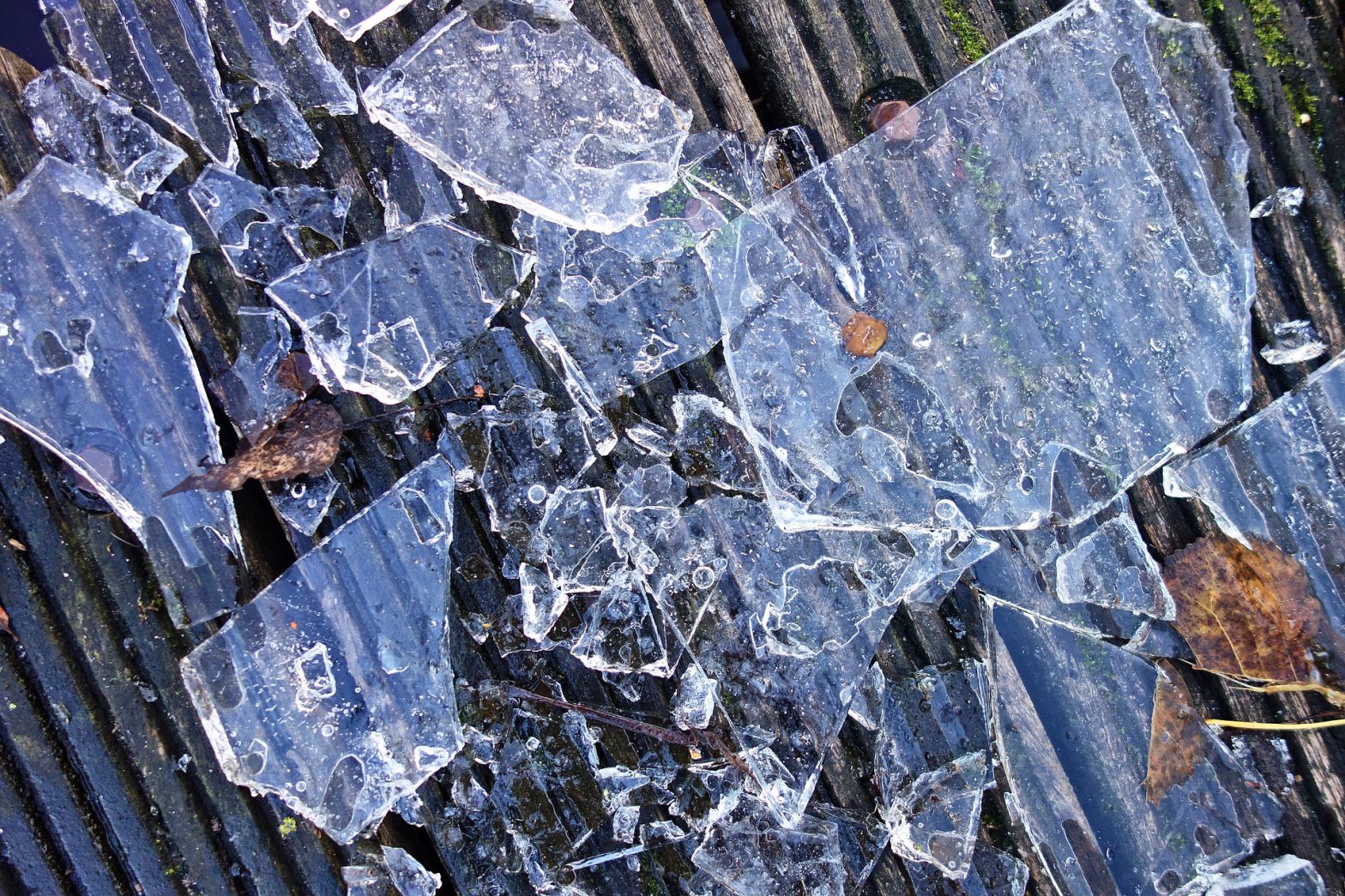When your pipes burst, it’s not only frustrating, but it can also be dangerous. The winter months tend to bring havoc to pipelines. Once the cold weather rolls in and the temperature drops, pipelines begin to freeze up if they are not properly prepared. When your pipes burst, it’s crucial that you take the appropriate steps in order to prevent any further damage. Here is what happens when your pipes burst and how to deal with the aftermath.
Causes of a Burst Pipe
Burst pipes are one of the most common pipeline problems. Due to growing cities and populations, more and more people use pipelines. This means that they are at a much higher risk of not only malfunctioning but causing some major problems. While there are several things that can cause a pipeline to burst, one of the main ones is freezing. When pipes freeze it creates a buildup that eventually causes the pipe to burst.
Your Pipeline Burst, Now What?
No matter how many preventative measures you take, sometimes pipeline bursts happen. While the initial burst can be devastating, the steps that you take following is what can help prevent any further damage. What happens after a pipeline bursts is what makes the difference between it being a minor inconvenience or a complete disaster. Some of the proper steps to take after a pipeline burst includes:
1. Check signs of burst pipes. Not all burst pipes show obvious signs that there is an issue. Make sure to pay attention to the loss of water pressure, unusual pipeline noises, or electrical faults that could help point towards a pipeline burst.
2. Isolate the water. Trying to isolate the water after a pipeline burst can help to limit the amount of damage it causes.
3. Keep away electrical devices. Pipes that burst often leave loads of water. This can make using any sort of electrical devices, light switches, and sockets dangerous points while there is water present. Keeping away electrical devices can help ensure everyone’s safety.
4. Clean up any excess water. The quicker you clean up the water, the less damage it’s going to cause. Sitting water can cause a substantial amount of damage if left alone.
5. Move all of your belongings away from the affected area. Removing any valuable or anything that can be damaged by water can help limit the destruction caused by burst pipes.
6. Contact the professionals. If you suspect that you have a pipeline burst, there is no time to hesitate. Calling the professionals immediately to help fix the issue is one of the best ways to limit water damage.
When pipes burst it can cause a lot of problems and requires the pipeline to be replaced. When it comes to pipeline replacement, there is no better method than CIPP. Not only is it a trenchless pipe replacement process, but it helps to prevent your pipes from bursting in the future. Next time your pipes burst, contact the professionals immediately to get the job done.
